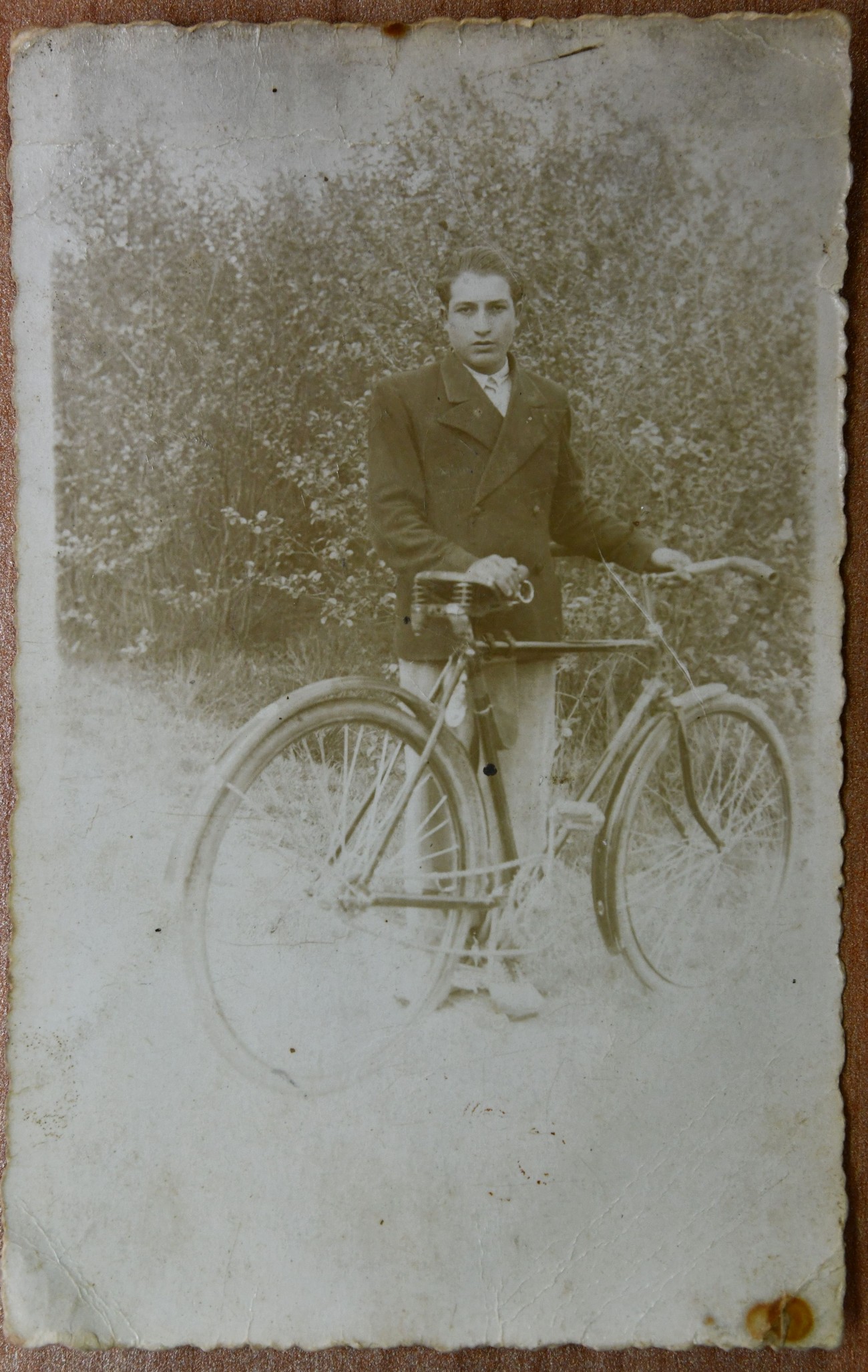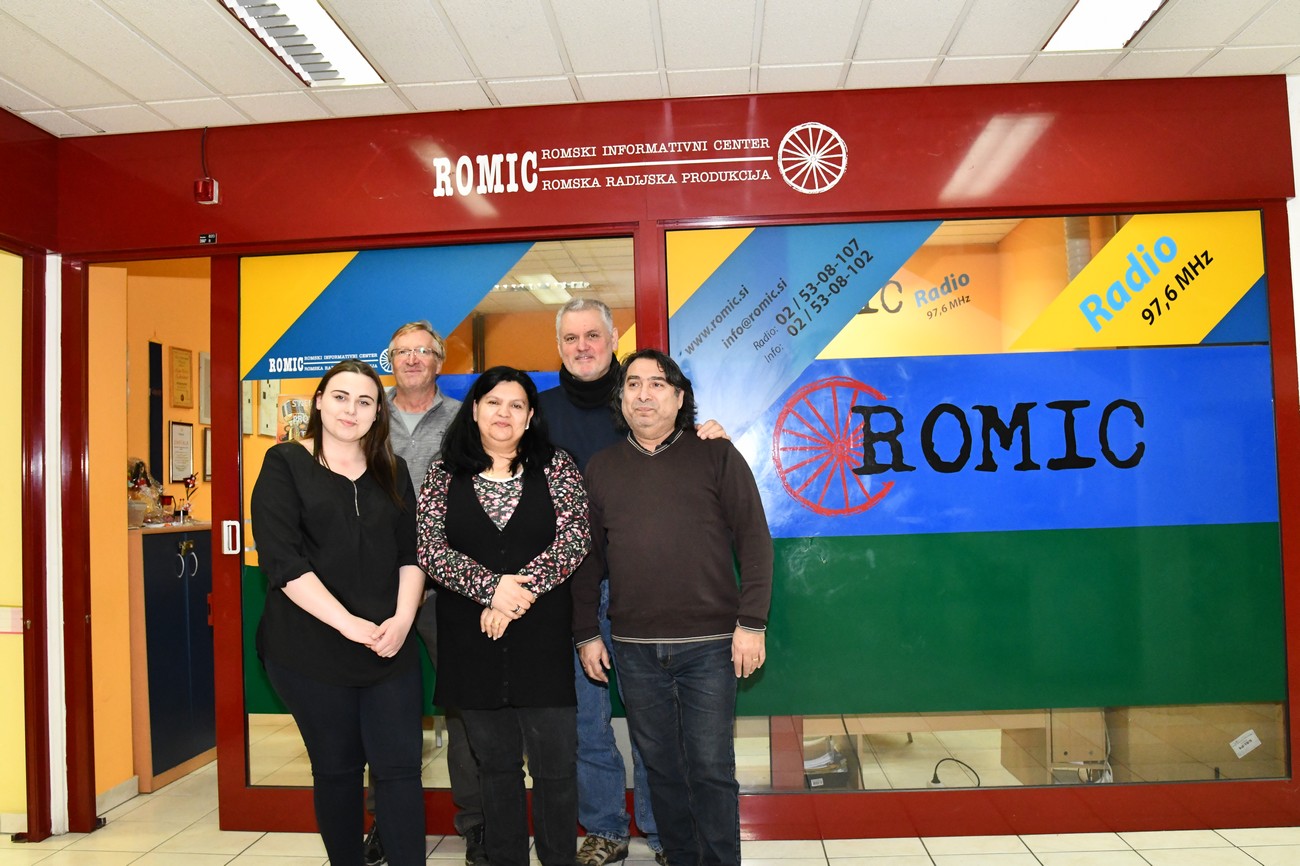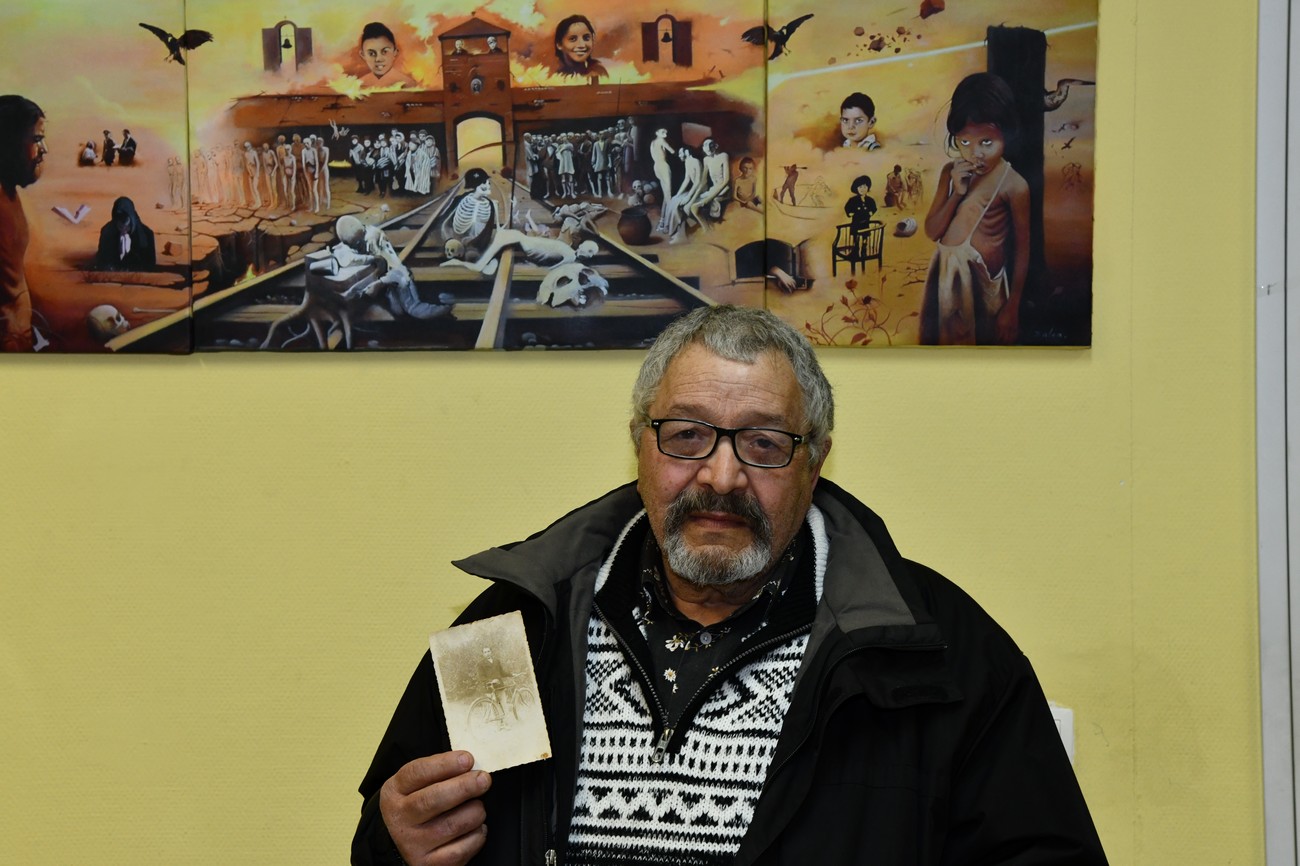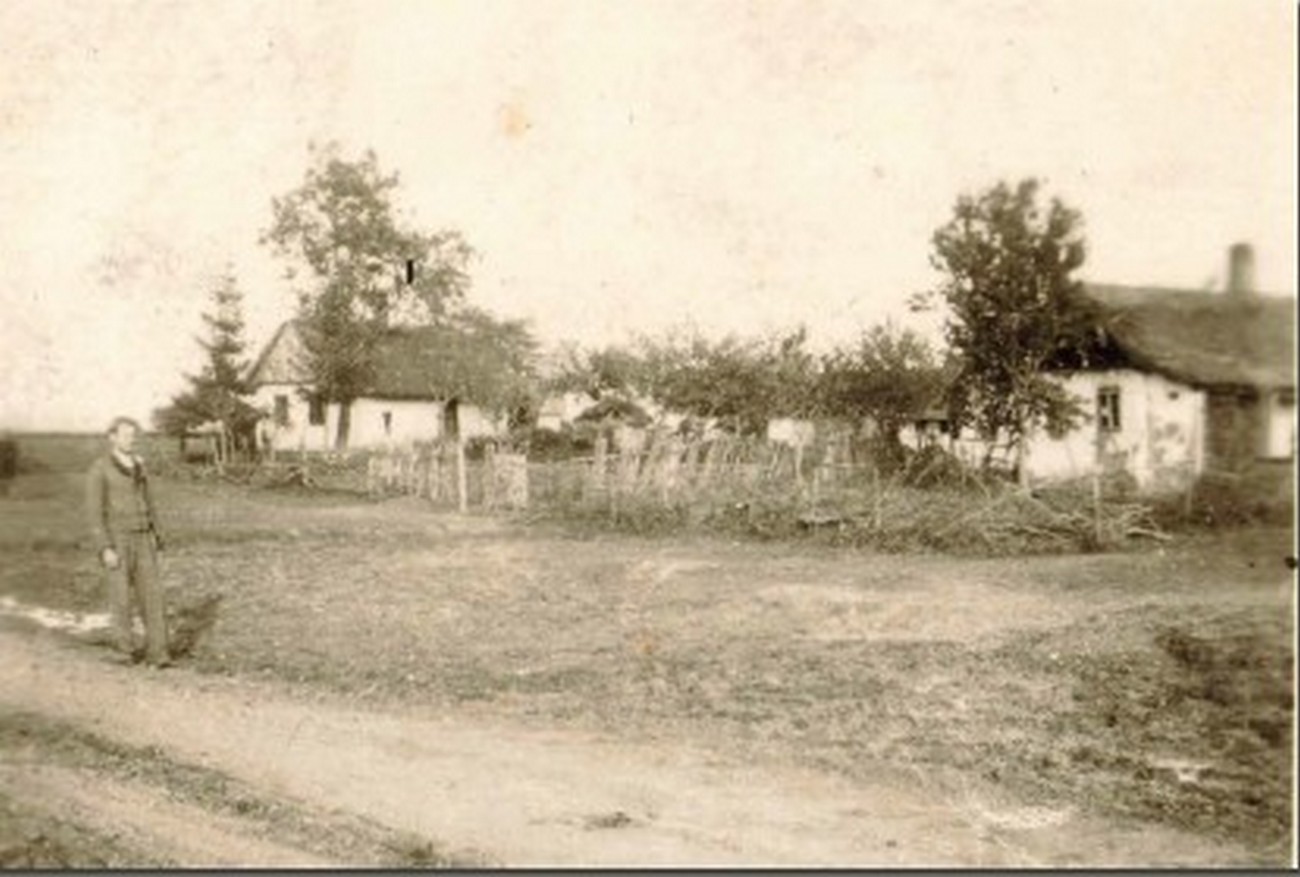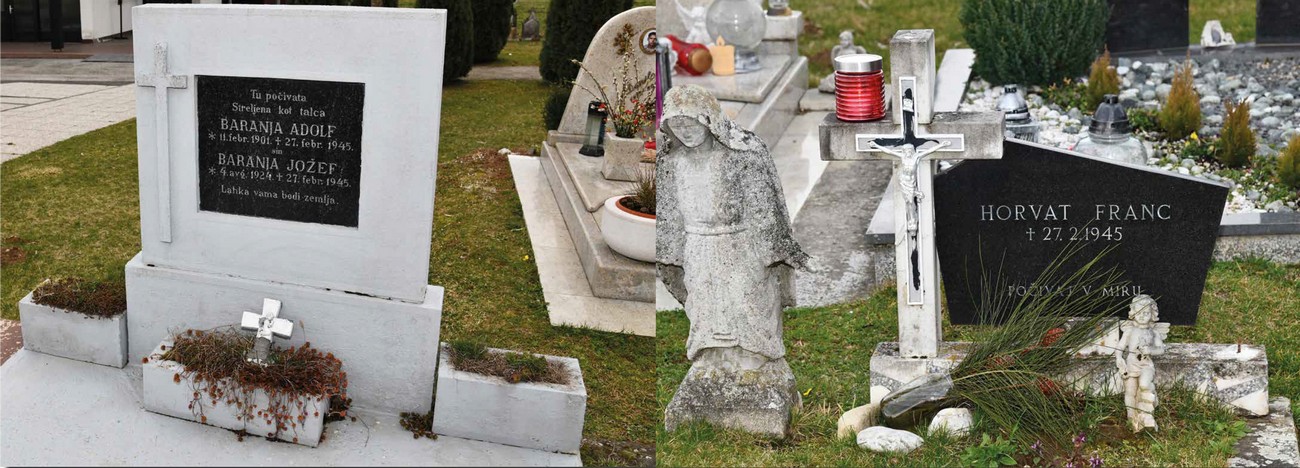Like elsewhere, the Roma were persecuted in Prekmurje. The German authorities prepared eviction plans but did not implement them due to the handover of Prekmurje to the Hungarians. The Hungarians took harsh measures against the Roma population. They outlawed dog breeding, using two-wheelers, and introduced day and night patrols in Roma settlements. They forced them to work in Hungarian fields (for instance, the Roma from Pušča were sent to work in Sopron). Some of them were able to escape, but those who were captured fleeing were either shot or deported to camps in Hungary or Germany. According to the data of the Roma Union of Slovenia, 27 Roma from Prekmurje were taken to Hungarian camps, citing names of six Roma who were executed on February 27, 1945, in Turnišče. Ivan Jerič, who managed to confess them before death, described the incident as following: On the third day after their arrival in Turnišče, 6 young Gypsies were caught by constables in Polanski Log evading conscription. They were moved to Turnišče. The commander sentenced all six of them to death. He called the local notary to collect their information for the death certificate. His wife told me they were all sentenced to death.
Meanwhile, they dug a grave in my field on the edge of the cemetery. I prepared myself spiritually to intervene, which was quite risky. I asked Commander Kiss to hand them over to the court-martial that was operating in Puževci, but he would not budge, saying he had the right to sentence and execute them. I begged him to spare those three who were fathers, and after prolonged pleading, he promised to hand the three fathers to court- martial. For the remaining three, I asked if I could confess them. »No, the citizen who refuses the calls of his homeland in war, is not worthy of religious consolation and should die like a pig!« Since they were running out of time, they brought them to one class. I witnessed a horrible scene. The commander broke his promise to spare the fathers; all six men were brought in. They must have been terribly beaten as their faces were blue from the blows, eyes were bloodshot, their heads were swollen, hands broken, fingers were hanging like rags. Their clothes were all bloody. Tears flooded my eyes upon seeing that.
When I told them that they had been sentenced to death, they did not flinch. Then I proposed repentance, giving them absolution.
Then, they drove them to the killing ground. Ten gunmen accompanied them. They were lined up next to the grave. Six shots and six martyrs collapsed into the ground. As one was still moving, the gunman shot him twice in the head. Shots were echoing through the parish forest. Then, it was dead silence. Only the laughter of the gunman could be heard. He asked his beastly henchmen: »Did you see how the vermin dropped?«
Franc Kuzmič. Holokavst in Prekmurski Romi. V: Nuša Lešnik, Marjan Toš (ur.). Slovenski Judje, zgodovina in holokavst II. Maribor, 2013, 74; Jožek Horvat Muc, Dragoljub Acković, Rajko Đurić. Porajmos. Murska Sobota: Romani union, 2015; Ivan Jerič: Moji spomini. Zavod sv. Miklavža v Murski Soboti, 2000, 234-235.
